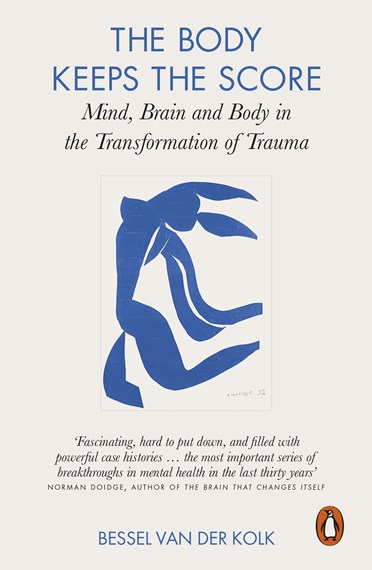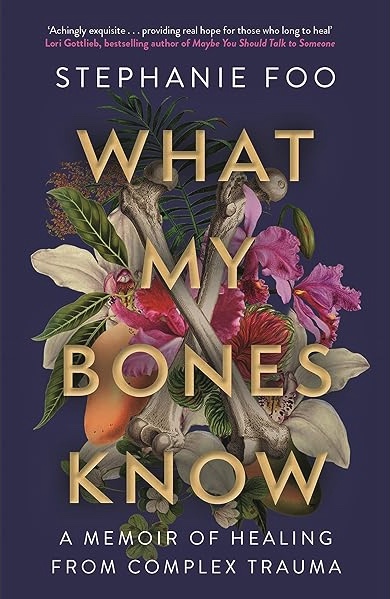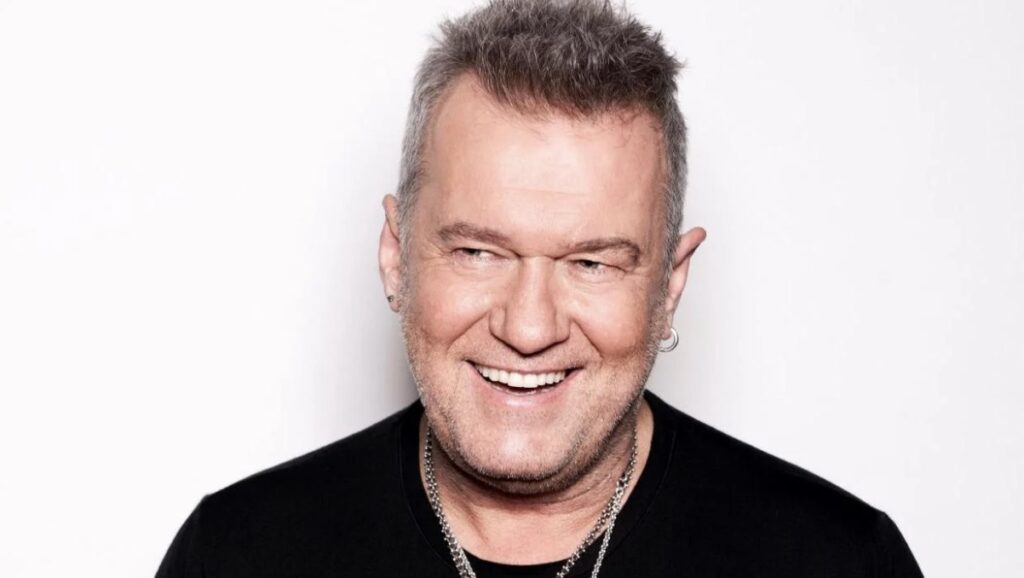Choose an Option
WHAT IS TRAUMA?
Trauma is a disruptive and destabilising experience that may appear in the wake of confronting something perceived as a threat to your safety or the safety of others. Traumatic events include a serious accident, a confronting diagnosis, the unexpected death of someone close to you, assault, abuse, war or a natural disaster, or being a witness to these events.
Feeling afraid, sad, angry and confused are natural emotional responses following a traumatic event. With the support of family and friends and the passage of time, we process what has happened, and these feelings usually fade. However, in some cases, experiencing a traumatic event can leave us destabilised by severe feelings of fear, panic and anguish. These feelings can go on to disrupt our work and lives and when this happens, it’s important to get help.
PTSD IN MUSIC WORKERS
According to our survey findings of 2022, 10.7% of Australian music industry workers reported a diagnosis of PTSD across their lifetime.
SIGNS AND SYMPTOMS
In the wake of a traumatic event, some people experience ongoing symptoms that continue to wreak havoc in the present and preoccupy the mind. This is called Post-Traumatic Stress Disorder or PTSD.
PTSD has four groups of symptoms:
Re-experiencing the trauma – This might be in the form of flashbacks, nightmares or distressing and intrusive thoughts and memories that make you feel like the trauma is happening all over again.
Avoiding reminders of the event – This might involve avoiding people, places, objects and activities that trigger a re-experiencing of the trauma.
Negative changes in thoughts and mood after the event – This might include feeling very low or numb, feeling detached or cut off from others, feeling strong guilt and blaming yourself or feeling unable to enjoy things.
Feeling nervous, uneasy, and constantly ‘on edge’ – This might include violent or angry outbursts, hypervigilance, reckless behaviour, irritability or finding it hard to sleep or concentrate.
If you are experiencing any of these symptoms, and especially if things are not getting better over time, it’s important to ask for help. Start by talking to your GP, or contact the Support Act Wellbeing Helpline on 1800 959 500 to speak with a counsellor about how you are feeling.
If you are experiencing any of these symptoms, and especially if things are not getting better over time, it’s important to ask for help. Start by talking to your GP, or contact the Support Act Wellbeing Helpline on 1800 959 500 to speak with a counsellor about how you are feeling.
Trauma specialist Bessel van der Kolk explains that trauma survivors may regulate their emotions by seeking out highly stimulating experiences that replicate the intense and familiar feelings of past trauma. Trauma survivors are also prone to seek out numbing behaviours (such as substance use, disordered eating and compulsive sexual behaviour).
‘For [music workers] experiencing comparable dynamics, the interactions with the music business can either re-enact these initial wounds or help to heal them’ explains Dr Susan Raeburn. (TOURING AND MENTAL HEALTH: THE MUSIC INDUSTRY MANUAL – Tamsin Embleton, p 71)
TRAUMA FAQS
What should you do if you have experienced a traumatic event?
If you have gone through a traumatic event and are struggling with symptoms that are disrupting your day-to-day functioning, then it is time to get some help. Working with a trained mental health practitioner can help you consolidate and process the painful memories from the past, and eventually, the flashbacks will diminish and disappear.
If you remain in a violent or unsafe setting, then it will be impossible for your mind and body to process trauma. In such cases, your priority should be finding safety. Please call 000 if you are at risk.
The Support Act Wellbeing Helpline is also available to call on 1800 959 500, where you can speak to an experienced counsellor about how you’re feeling.
Can you get traumatised by something, even if it didn’t happen to you?
Being in the proximity of a traumatic event or hearing/learning about it can affect us too. Our exposure to a traumatic event can be:
- direct – when we’ve experienced a personal trauma or witnessed a traumatic event
- indirect – when we hear/learn about a traumatic event
In either case, traumatic events are distressing and overwhelming, and we often need support to move through them.
Does everyone who experiences a traumatic event get PTSD?
Experiencing a traumatic event does not mean you’ll experience PTSD. Most of us will feel symptoms of trauma in the days and weeks immediately following a traumatic event, but usually these symptoms will lessen and fade. When and how a traumatic event occurs can change the likelihood of whether ongoing mental health difficulties are experienced as a result.
How long does it take to get over trauma?
In regards to recovering from trauma, the phrase ‘the slower you go the faster you get there’ is the bedrock principle in trauma healing. As with grief, there is no timeline for healing from trauma, and a person may never entirely ‘get over’ it, but rather, learn how to make sense of it and integrate it into who they are on the other side of trauma.
ON THE OTHER SIDE OF TRAUMA
Traumatic events are distressing and overwhelming. Moving through such events can upend our lives and challenge our life perspective. However, there can be light at the end of the tunnel. With time, compassion and support, many trauma survivors report emerging stronger with a sense of renewed resilience. They also report feeling more connected with loved ones and a sense of purpose and meaning.
HOW CAN WE SUPPORT TRAUMA RECOVERY IN THE MUSIC INDUSTRY?
Traumatic events are distressing and overwhelming. Moving through such events can upend our lives and challenge our life perspective. However, there can be light at the end of the tunnel. With time, compassion and support, many trauma survivors report emerging stronger with a sense of renewed resilience. They also report feeling more connected with loved ones and a sense of purpose and meaning.
Healing through creativity
“Trauma does not drive your creativity. Rather your creativity can be deployed to heal trauma.” – Musicians and Trauma, Professor Paula Thompson PsyD.
Creative attempts to work through grief and trauma can be healing, and many people in music may find comfort and relief in expressing their feelings and sharing their experience through music and storytelling. Such forms of creative expression can help broaden people’s understanding of unique emotional experiences, and also have the power to connect with people who have gone through similar experiences.
Recognise Resilience
Resilience is “…the process of adapting well in the face of adversity, trauma, tragedy, threats, or significant sources of stress…As much as resilience involves ‘bouncing back’ from these difficult experiences, it can also involve profound personal growth’ (American Psychological Association). People who have experienced traumatic events are not irredeemably flawed or broken. When supporting people who have lived through traumatic experiences, recognise the strength and resilience required to have endured and survived through it.
Trauma-Informed Care
Applying trauma-informed care in the music industry may offer safer conditions, especially if workers are trauma survivors. If everyone accepts that some troubling behaviour may be rooted in unresolved trauma then solutions can be found to de-escalate situations and re-establish a sense of safety and support.
Nurture Community
Healing from trauma requires a supportive and compassionate community. It is important to nurture relationships with people who have no professional stake in your recovery and who love and support you as a human being. This community might also include professionals who have expertise in trauma and grief and understand the unique challenges of working in the music industry, such as the counsellors on the Wellbeing Helpline.
TOP 3 BOOKS
TOP PODCASTS
Who is Daniel Johns?
An intimate account of an iconic artist. In this podcast Johns articulates his ongoing battles with anxiety, depression and post-traumatic stress disorder which were consequences of the fame, bullying, and health struggles he experienced in his youth.
Listen to Who is Daniel Johns here.
Messy Minds
The Messy Minds podcast aims to break the stigma of PTSD and the suck-it-up culture
Listen to Messy Minds here.




